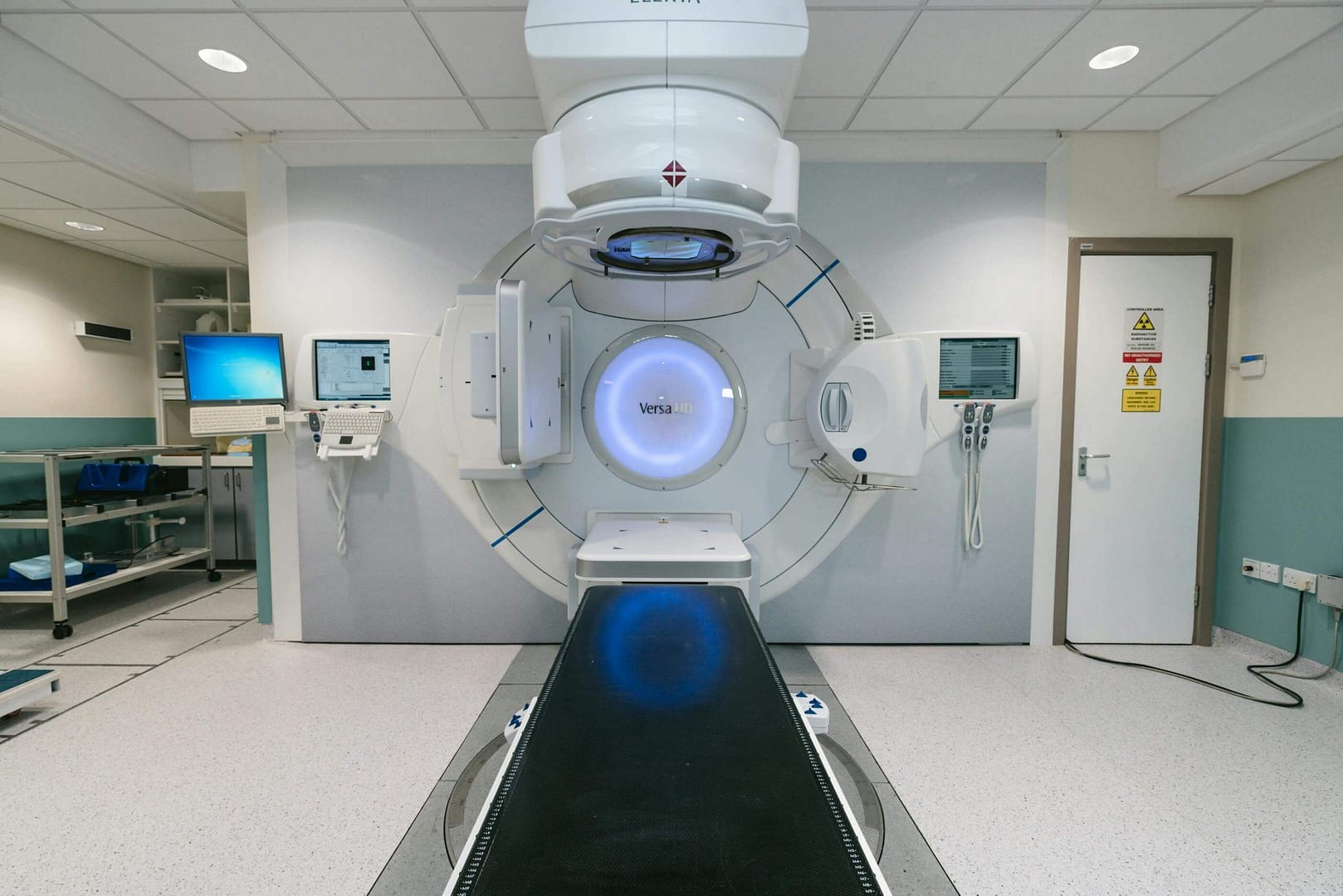Radiotherapy is a vital treatment option for many types of cancer, using high-energy beams to destroy or damage cancer cells. While incredibly effective, it’s important to understand that radiotherapy can bring some potential adverse effects, also called side effects. This article will help you learn about these possibilities, so you can discuss them fully with your doctor. We will also highlight how you can start a Medical negligence claim with national claim.
What Kind of Side Effects Might I Expect?
The side effects you might experience during or after radiotherapy depend on various factors. These include:
- Type of radiation: External beam radiotherapy vs. internal radiotherapy (brachytherapy) have slightly different risk profiles.
- The treated area: Different body parts react differently to radiation. Treatment near your head and neck is more likely to cause mouth problems than treatment to your legs.
- Radiation dose: Higher doses generally increase the likelihood and sometimes severity of side effects.
- Your overall health: If you have other health conditions, it might influence how your body reacts to radiotherapy.
- Other cancer treatments: Combining radiotherapy with chemotherapy can intensify certain side effects.
Early and Late Side Effects of Radiotherapy
It’s helpful to think of side effects from radiotherapy in two categories. Early (acute) effects happen during or shortly after radiotherapy and tend to improve in a few weeks after your treatment ends. Common examples include fatigue, skin reactions, or specific problems related to the treated area like hair loss or nausea. In contrast, late (chronic) effects are less common and might develop months or even years after treatment. They can be more difficult to treat and sometimes permanent. Examples include scarring, changes in organ function, or a very small risk of secondary cancer.
Common Early Radiotherapy Side Effects: What to Know
Let’s talk about some specific early side effects you might encounter:
- Fatigue: Feeling overly tired or exhausted is extremely common during radiotherapy. Think of it like your body is working hard to repair the damage caused by treatment. Rest when you need to, but try to stay gently active, as it can help lessen your fatigue.
- Skin reactions: You might see redness, irritation, dryness, or even peeling in the treated area. It’s sort of like a sunburn. Your doctor will give you special creams and instructions on how to care for your skin during this time.
- Hair loss: This is possible, but only in the area where you receive radiation. Your hair usually grows back after treatment.
Radiotherapy Side Effects by Body Area
The specific early side effects you might experience depend on the body part receiving radiotherapy. If you’re having treatment to your head and neck area, you might experience mouth problems like dryness, sores, or difficulty swallowing. Taste changes or a stiff jaw are also possibilities. Radiotherapy to the chest could lead to a cough, shortness of breath, or breast soreness. In rare cases, people develop temporary inflammation in the lungs. If the treated area includes your stomach or abdomen, nausea, vomiting, or diarrhea are potential side effects. Finally, treatment in the pelvic region might lead to bladder problems, bowel changes, or sexual side effects.
Receive a Call About Your Claim
How to Manage Radiotherapy Side Effects:
Don’t worry, you’re not just supposed to endure these side effects! Here’s the good news:
- Your healthcare team is the KEY: From nurses to doctors to dieticians, they are experts in helping manage radiotherapy side effects. Be open and tell them about any problems you’re having.
- Medications: There are medicines to relieve things like nausea, pain, and skin irritation.
- Special diets: If you’re having mouth problems or digestive issues, a dietician can suggest foods and eating strategies that will help.
- Topical products: Special creams and ointments protect and soothe irritated skin.
- Stay informed: Ask your team how long side effects may last, and when to contact them if something gets worse.
Making a Medical Negligence Claim with National Claims
At National Claims, we understand that medical errors can happen, sometimes with devastating consequences. Whether you’ve experienced misdiagnosis, surgical complications, or another form of medical negligence, our team is here to help. We specialise in helping victims of medical negligence navigate the claims process and secure the compensation they deserve.
No Win, No Fee **
National Claims believes that access to justice shouldn’t be limited by financial worry. For this reason, we operate on a “No Win, No Fee” basis. You won’t pay any upfront legal fees. Our fees are dependent on whether your claim is successful, allowing you to pursue your case without undue financial stress.
*Customers pay up to 25% (incl. VAT) of the amount recovered towards solicitor costs and if you cancel outside your cooling off period, you may be charged a fee.
Conclusion
While radiotherapy can come with side effects, it’s crucial to remember that it’s a highly effective cancer treatment that saves lives. Your healthcare team is there to support you every step of the way. Discuss the potential side effects openly with them, weigh the benefits and risks carefully, and make the treatment decisions that feel right for you.
Contact us today to speak to one of our claims agents who will be able to help you get started on your claim.
Click below to see why we are one of the most trusted claims management companies in the UK.

We’re proud of our excellent customer reviews
We thrive on delivering exceptional service and ensuring our clients’ satisfaction. Don’t just take our word for it. Check out some of our independent reviews to see what our clients have to say.
Excellent

This firm is excellent, they sorted out my car pay out and injury claim very fast, they always communicate with you all the time.

My accident case was dealt with confidence and with great result of the outcome, especially James kept me informed all the time.

I was very impressed at the way my inquiry was treated. I was listened to attentively and everything I needed to know was explained to me.






